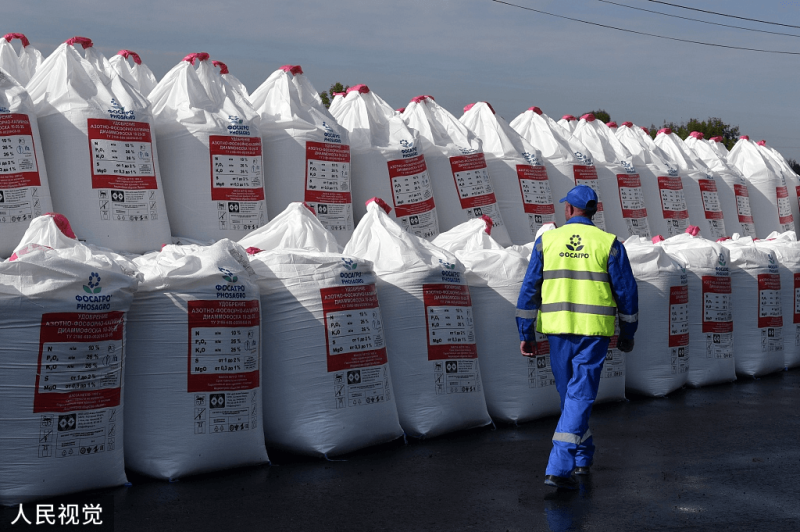Europe is more food dependent on Moscow now than we were before the war, with the bloc replacing energy dependency with fertiliser dependency, the CEO and president of Norwegian chemical company Yara warned.
“We’ve clearly seen how Russia or Putin is using fertiliser and food as weapons,” Yara’s CEO, Svein Tore Holsether, told journalists on [December 11] adding that “we should not be naive as to what could happen next” with food.
“Europe has been able to reduce the energy dependency on Russia in a really short period of time,” Holsether said, “but it has also come at a cost, both for households and industries, which have been huge”.
“I would be very worried – he continued – if we sleepwalk into repeating the exact same thing on fertiliser as we do and as we did on energy,” the CEO said.
Increasing dependency has an environmental impact as well, Holsether pointed out.
By substituting European fertilisers with those from Russia or other parts of the world, the EU is importing fertilisers with a much higher carbon footprint – “50-60% higher than the European production,” he warned.































